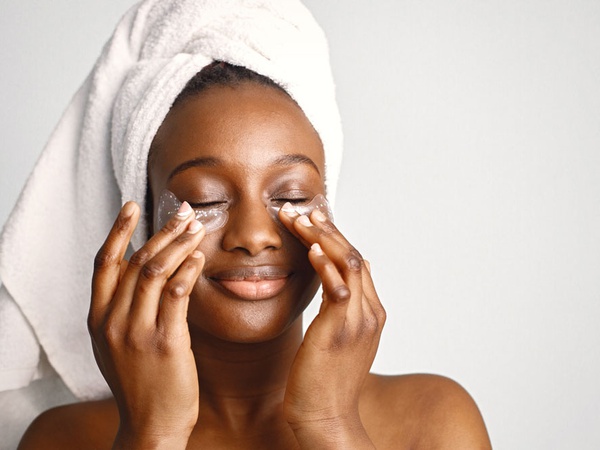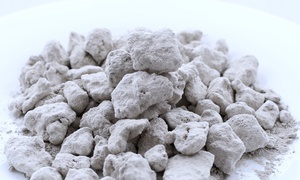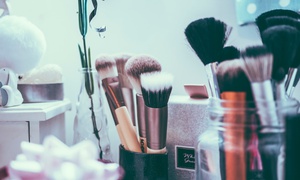Skin is one of the largest organs of the body. Your skin acts as a protective shield and is most vulnerable to outside elements. Because of this, caring for the skin can directly affect your overall health.
Skin care is the range of practices that support skin integrity, enhance it's appearance and relieve skin condition. It is a part of the treatment of wound healing, radiation therapy and some medications.
Taking care of the skin can also prevent wrinkles, reduce visible pores, under eye circles, protect from harmful sun rays, preventing sun damage, blemishes, and hyper pigmentation.
Beyond physical health, cosmetics can help to improve our mood, enhance our appearance and boost out self-esteem. They can also help to exhibit personal style and,as such, are an important means of social expression.
Good skin care is important as it helps your skin stay in good condition: you're shedding skin cells throughout the day, so it's important to keep your skin glowing. An effective routine can help prevent acne, help your skin look it's best.
These beauty procedure include; nutrition, appropriate use of emollients, cosmetics, botulinum, exfoliation, filler, laser resurfacing, micro dermabrasion, peels, retinol therapy and ultrasonic skin treatment.
The skin is affected by more factors than you can think. For instance, the following can play a roll in your overall skin health.
Exposure to chemical toxins in tobacco.
Not getting enough rest, fluid, or ageing.
You can take care of your skin by limiting bath, shave carefully, Pat dry, moisturize dry skin, and toner for oily skin, avoid strong soaps and detergents as they can strip oil from your skin. Exfoliate to remove dead skin cells and brighten up your complexion.
Besides a daily skin care routine, make it a habit to examine your own skin for abnormalities, discolorations, or any other changes on a regular basis. Have your skin examined by a doctor or dermatologist annually for any changes or if you have history of skin problem, irritation, or growth.










Comments